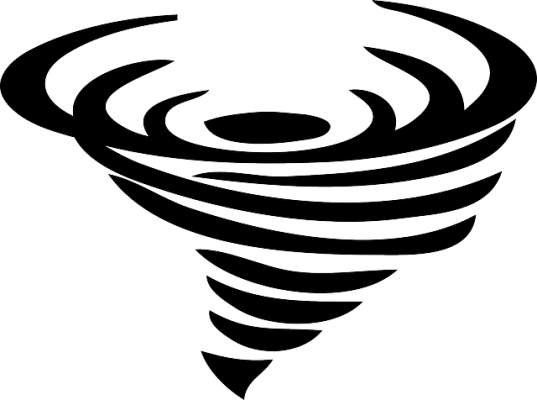When: Wednesday, July 16th @ 6:30pm Pacific
Where: Online Webinar. »Register Here«
Cost: Yep, it's free
What and Why:
The Mythology of Self-Sabotage
Self-sabotage is a huge focus of pop-psychology and in the world and business of personal development. We devote time to workshops, read books, self-examine, consider it part of our necessary shadow-work perhaps, and yet still we are often left confounded by behaviors that seem to undermine our greatest aspirations for ourselves and our highest vision or our life.
We set a goal, or declare some new way of behaving or declare an end to some way we have been behaving and how long does it take to break our "promise"? Anyone who has ever tried to stop an old habit or start a new habit has experienced this--be it the smoke from a cigarette, a fatty or sugary food we should not eat, or the affections from someone we know to be as toxic for us as deeply inhaling cigarette smoke. Or, how about starting to go to the gym? Or maybe it was some New Year's resolution that you resigned from after about a week.
Or ... maybe it was saying you would not yell at people in traffic any more. Or engage with more compassion and empathy. Until that one person who ...
Or maybe it was something bigger with more at stake: a new high-paying position, a new career path, or finishing that book you've always said you were going to write, and yet your behaviors did not occur in alignment with the simple and clear steps you know – consciously -- it will take to accomplish the thing you said you would (or wanted to) accomplish (or be, do, or have.)
So most of us have begun to reduce this to some inner-enemy--some saboteur running around and setting charges on our bridges, and undermining the soiled path we are trying to walk on, having us stumble into those pitfalls.
You know: that part of you that you have probably cursed in your mind, under your breath, or even out loud in frustration.
The idea of an inner enemy is one way of relating to this phenomenon—and it is a valid and generally accepted way of relating to it. But is it an effective way of relating to it? Is it really true? Does labeling it in such a manner give us access to resolving the problem?
Most of us are aware that how we relate to something in our awareness will produce specific and predicable results both mentally and emotionally. And will even shift our "reality". The power of positive thinking and the Law of Attraction are both commonly accepted in personal development communities and among individuals interested in developing themselves. Yet these concepts are often misunderstood, misused – and underused.
Our thoughts do not create reality, because we do not experience reality directly—we experience it through perceptual filters and we interpret—and then we generalize those interpretations making meaning or creating beliefs. However our thoughts certainly create our reality--how we interpret reality will lead to our experience of reality. Objective and subjective; exterior and interior. That is to say, how we interpret what is happening "out there" will create our experience of reality "in here" and it certainly creates our immediate emotional experience and what we make that mean through generalizations and the creations of beliefs about the world, ourselves, people, etc., leads to what I like to call our "emotional atmosphere".
How is this most often done? In language; in our linguistic structures--descriptors and labels.
In this way, while our thoughts do not create "reality" with a capital R, it does--absolutely--create our experience of reality.
As clarifying example, most of us know that we can relate to the same event in one of two ways: as a "crisis" or as an "opportunity". We know that doing so will create different solutions as we will approach it differently.
Circling back to this idea of an "inner enemy", what results does that labeling of this phenomenon predictably produce? It creates a "me vs the other", us against "it" or "them" mentality which leads to tension and separation which in turn produces even greater internal dissonance.
The best thing about this way of relating to the phenomenon is this: it is not true; we made it up. The reason that is the good news is that given we made it up, we can create another way of relating to this phenomenon that is useful; a way that gives us access to resolving the confounding behavior that keeps us from attaining the heights we desire with the velocity and ease we wish for?
The answer is incredibly simple and elegant—both in the mathematical sense as well as the aesthetic. The process for resolution of this phenomenon involves getting into communication and into relationship with those parts of us that are out of alignment, find out what their positive purpose is, take that up to the highest/deepest level and integrate it from that place. It can be a fairly profound experience that is deeply healing, and allows you to create greater and greater levels of inner harmony within your Self.
Simple? Yes. Easy? Well, that depends on the skill of the Guide. That last paragraph above encapsulates and summarizes a process that can take between 20 and 40 minutes, depending on the depth of the problem, but it is virtually always successful at realigning that part of you that is ... well, out of alignment.
Take your "inner-enemies" and turn them into your most powerful allies.
Find out on Wednesday, July 16th @ 6:30pm Pacific
Where: Online Webinar. »Register Here«

